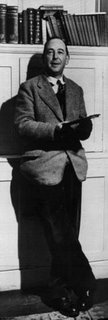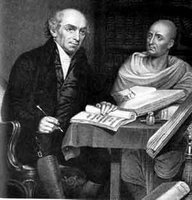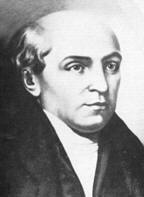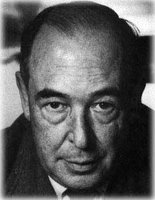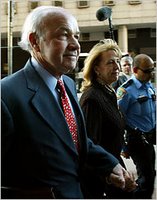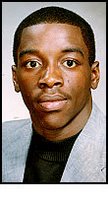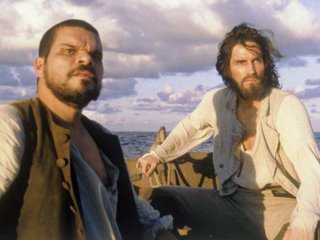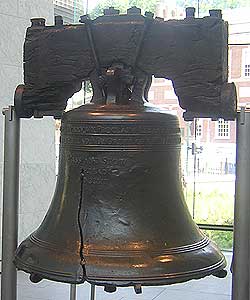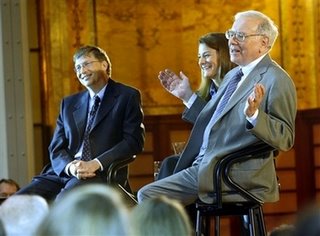
TiVo and other DVRs (digital video recorders) have made TV commercials ever more challenging. Advertisers were already perplexed about how to get viewers to watch their commercials rather than using the remote to flip through channels during programming breaks.
Now with TiVo’s ability to zip through commercials at high speed the challenge has taken a new twist. Enter Kentucky Fried Chicken. In their recent advertising campaign they designed a commercial that requires you to view it in slow motion, frame by frame, in order to see a hidden message. The message contains a password with which you can download a coupon for a free Buffalo KFC Snacker. Already the company has given away 75,000 coupons but they remain concerned because such ad campaigns have to practically become news stories themselves to work.
I’m part of their challenge. I love my TiVo for the very reason that I have control of my viewing. I decide when I want to watch a program and I always zip through the commercials. I don’t even watch sporting events live anymore. I’ll let my TiVo record 30 minutes to an hour and then I’ll tune in so I can skip through the commercials.
This is a big deal to companies peddling their products. For viewers who miss commercials it all means control and convenience.
What if? What if I develop a deep yearning for control and convenience? Could that be dangerous for me? Nothing else in life can be so controlled and so convenient. Not my marriage. Not my work. Not my health. Certainly not my relationship with God.
What does it take for God to get your attention? Does God have to send you specially coded messages or write something in the sky? Does it take personal crisis to prompt you to think about God?
I invite you to reflect on the fact that God is not a peddler of salvation products. He doesn’t have to have your attention for His sake. You want to change channels or zip through His stirrings around your life, that’s fine. He’s not the loser. We are. Perhaps today is a day to respond when God stirs your heart and examine it frame by frame.






